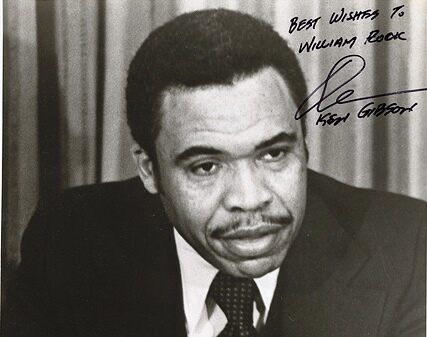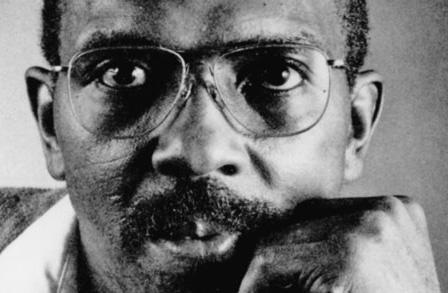This Day In History: June 16th
Newark’s first Black Mayor, Kenneth Gibson, served four consecutive terms from 1970 to 1986 and even attempted to run for governor. Gibson defeated the two-term incumbent Mayor Hugh J. Addonizio on June 16, 1970.
He started his term with several challenges looming over Newark. Once Gibson took office in 1970, he had to manage the aftermath of the 1967 Newark Riots, the city’s deficit and high rates of crime and unemployment. In 1976, Gibson served as president of the United States Conference of Mayors. His tenure witnessed federal funding to build or renovate public housing units in addition to providing city government opportunities to African American and Latino residents.
Despite starting his term in favor with the public, the city’s issues became more apparent during the 1970s and early 1980s, which started to hinder his constituent’s approval. He also made an unsuccessful campaign for governor in 1981 and lost the Democratic nomination to James Florio. When the 1986 election was held, Gibson lost the race to Councilman Sharpe James. After exiting the world of politics, he made a return to engineering and ran a consulting business until 1989. He made another unsuccessful run for office with a campaign for Essex County Executive in 1998.
Prior to becoming mayor, Gibson served in the United States Army for two years before receiving a degree from the Newark College of Engineering in 1962. He worked for the New Jersey Highway Department and served as the chief engineer for the Newark Housing Authority. The 1960s was also a time of civic engagement for Gibson. He joined the National Urban League, the NAACP and the Congress of Racial Equality (CORE) during the Civil Rights Movement.
Gibson was born on May 15, 1932, in Enterprise, Alabama and his family relocated to Newark in his youth. Gibson died on March 29, 2019. Despite legal troubles after his tenure in office, Gibson received several honors during his career which include being named Man of the Year by Newark’s Junior Chamber of Commerce in 1964. He was also awarded the 1979 U.S. Senator John Heinz Award for Greatest Public Service by an Elected or Appointed Official.








